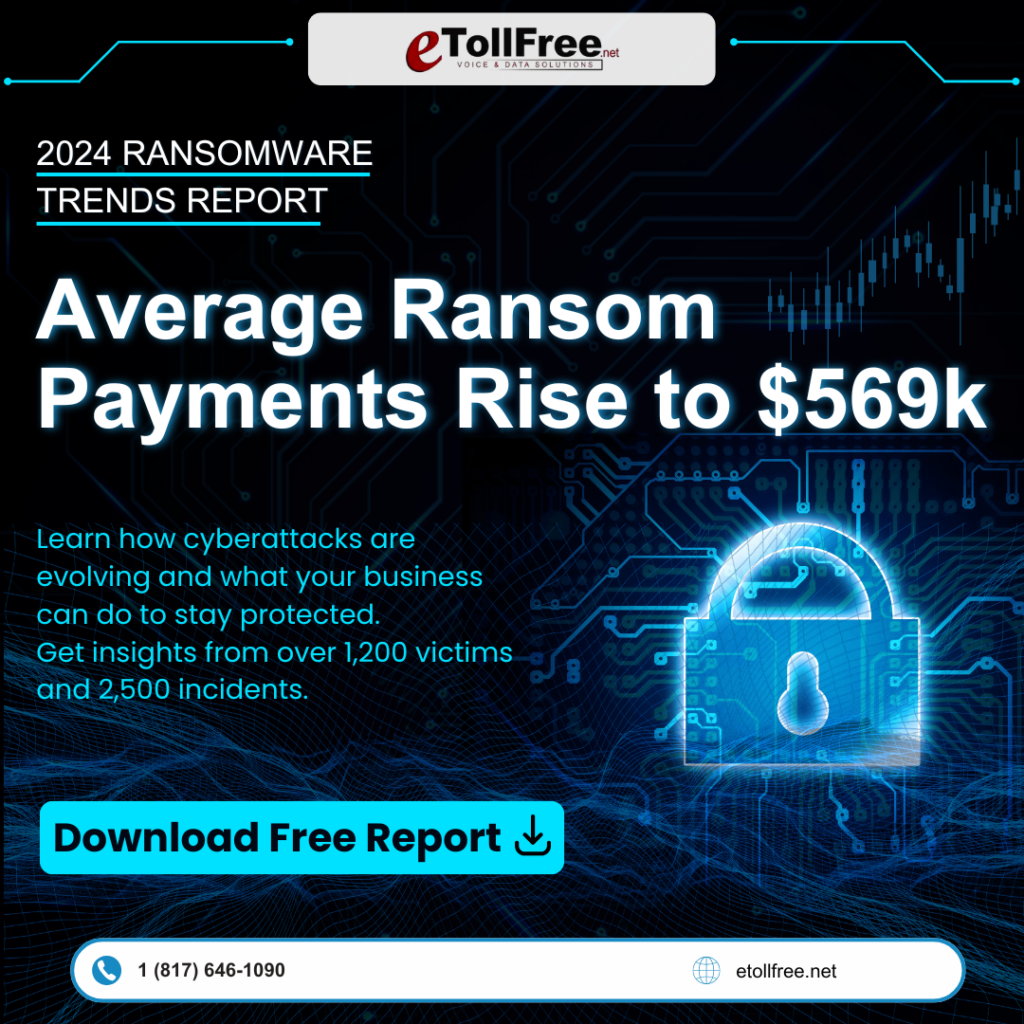Small Business Cybersecurity: A National Priority
In today’s ever-evolving digital landscape, small business cybersecurity is emerging as a critical national priority. Accordingly, small businesses are often celebrated for their role as the backbone of the U.S. economy. These enterprises, which employ almost half of the American workforce and contribute over 43% to the country’s GDP, are instrumental in driving innovation, job creation, and economic resilience. However, as these businesses increasingly embrace digital transformation, they also become prime targets for cyberattacks, with repercussions that extend far beyond their immediate operations.
The Growing Threat Landscape
Cyber threats are no longer merely potential risks; they are very real and present dangers. U.S. intelligence agencies have raised alarms about Chinese state-sponsored hackers, such as groups like Volt Typhoon and Silk Typhoon. These malign actors have infiltrated critical U.S. infrastructure, often remaining camouflaged within systems for extended periods. They are poised to execute attacks that could have devastating impacts on utilities, telecommunications, and essential services.
For small businesses, the repercussions of a single cyberattack can be catastrophic, often leading to financial ruin. On a larger scale, these vulnerabilities can ripple through supply chains, disrupt critical industries, and ultimately weaken national security.
The Imperative for Action
Recognizing the heightened urgency of small business cybersecurity, U.S. lawmakers are actively crafting new legislation to bolster cybersecurity resilience and expand access to cyber insurance for small businesses. This initiative aims to shield them from debilitating attacks, with the Department of Defense emphasizing the national security implications. Protecting small businesses is tantamount to safeguarding America.
Legislative Efforts
Recent bipartisan legislative efforts emphatically highlight the urgency of securing small businesses. Initiatives like the reintroduction of the Insure Cybersecurity Act focus on clarifying insurance policies, expanding education on cybersecurity, and mitigating the financial impacts for businesses facing cyber threats. As Senator Shelley Moore Capito articulates, this legislation assists businesses in comprehending the complex cyber insurance environment and reducing the financial burden after attacks occur.
Addressing Local Vulnerabilities
From schools and hospitals to utilities and small businesses, local systems are often the soft underbelly of national security. Congressman Suhas Subramanyam notes the significance of assessing vulnerabilities at state and county levels and closing those gaps as a critical measure in securing the nation. Leadership at all levels is paramount to ensuring robust defenses against these pervasive threats.
The China Challenge
The strategic cyber threat posed by China presents a systemic challenge. U.S. intelligence agencies continue to detect the pre-positioning of cyber adversaries within U.S. networks, aiming to disrupt critical infrastructure strategically. Recorded Future has documented prolonged presences of these actors within utilities, with a sharp rise in cyber intrusions attributed to Chinese actors globally.
The stark reality of these threats is evident in tangible incidents across Maryland, Virginia, and Illinois, where cyberattacks have disrupted vital operations in schools, hospitals, and government sectors. Such events marked by their severity highlight the pressing need for a reinforced cybersecurity posture across the nation.
Conclusion
The prioritization of small business cybersecurity is not merely a technological issue or a regulatory gap; it is a strategic vulnerability that demands urgent attention. As cyber adversaries continue to escalate their efforts, the U.S. must respond with equal fervor, prioritizing small business cybersecurity as an integral component of national security.
Efforts from leaders across the federal government, including critical voices in the legislative space and state governance, emphasize the necessity of a coordinated and sustained approach. As the Department of Defense acknowledges, these threats strike at the heart of national security, reinforcing the imperative for robust defenses and comprehensive strategies to safeguard America’s small businesses.
Resources
For further reading, explore the following resources tailored for small business owners:
-
How Do Cyberattacks on Small Businesses Impact National Security and the Economy?:
- Title: “Under the Digital Radar: Defending Against People’s Republic of China’s Nation-State Cyber Threats to America’s Small Businesses | CISA”
- Publication Date: May 2, 2024
- Link: Under the Digital Radar: Cyber Threats
-
Measures Proposed by U.S. Lawmakers to Enhance Small Business Cybersecurity and Resilience:
- Title: “H. R. 2331”
- Publication Date: January 9, 2023
- Link: H. R. 2331 Legislation
-
Extent and Impact of Chinese State-Sponsored Cyberattacks on U.S. Critical Infrastructure and Small Businesses:
- Title: “The front lines at home: Small business cybersecurity must be a …”
- Publication Date: April 8, 2025
- Link: Small Business Cybersecurity National Priority
These resources are invaluable for gaining a comprehensive understanding of the cyber risks facing small businesses and the concerted measures being undertaken to address them.










